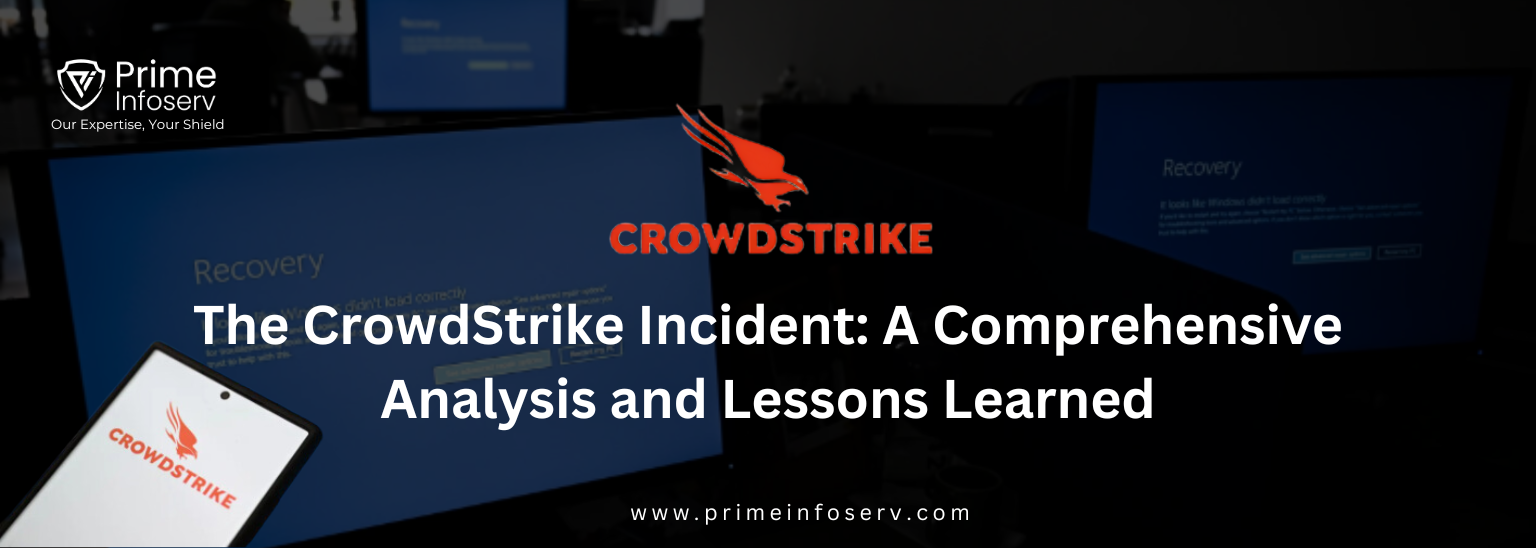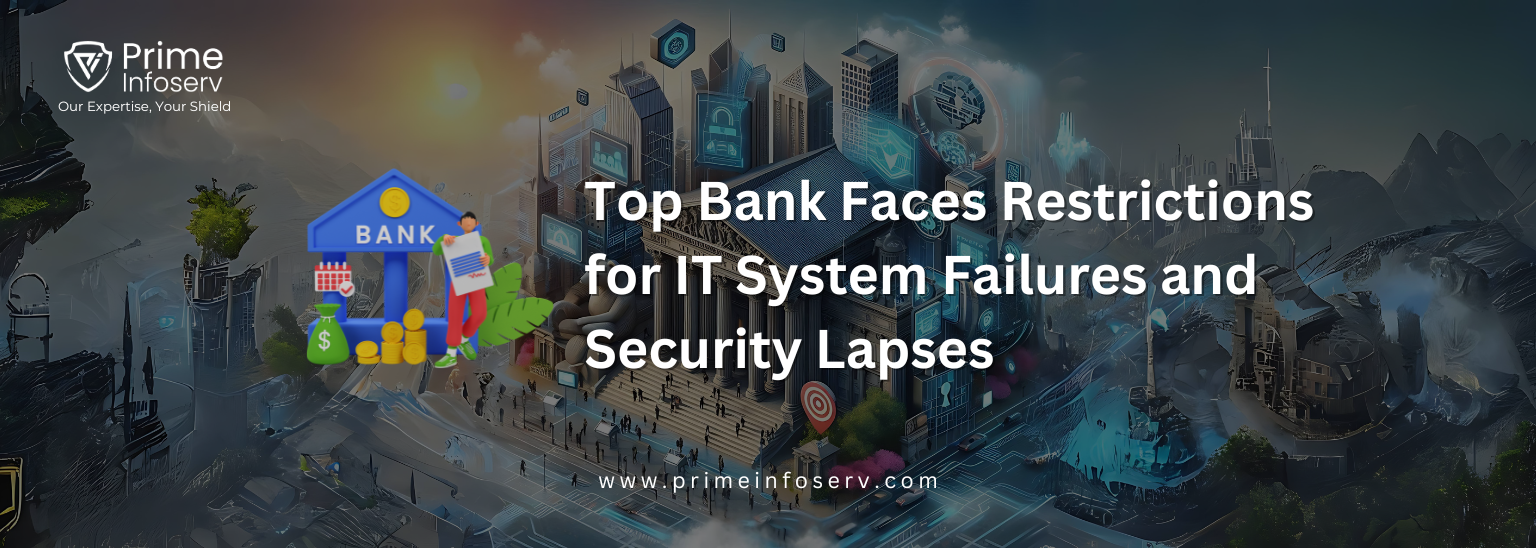
India has officially activated the Digital Personal Data Protection (DPDP) Rules, 2025, marking one of the most significant regulatory shifts in the country’s digital landscape. With MeitY notifying the Rules on 13th November 2025 under Section 40 of the DPDP Act, 2023, the era of structured, enforceable, and citizen-centric data protection has truly begun.
For organisations across BFSI, healthcare, education, IT/ITES, manufacturing, telecom, retail, startups, and government:
➡️ DPDP compliance is no longer optional.
➡️ The compliance countdown has officially started.
This blog explains the Rules, the phased timelines, and what your organisation must do to stay compliant — while also helping you prepare for DPDP Readiness Assessments and Implementation.
📌 What Has MeitY Announced? A Quick Summary
1. Notification of DPDP Rules, 2025
The Rules operationalise all major aspects of the DPDP Act: personal data processing, consent, individual rights, retention limits, breach reporting, vendor management, and security safeguards.
🔗 https://lnkd.in/dEGTFevx
2. Establishment of the Data Protection Board of India (DPBI)
India’s central enforcement authority is now formally active.
🔗 https://lnkd.in/dVwr5pAT
3. DPBI Structure Finalised
- 4 Members
- Head Office in NCR
🔗 https://lnkd.in/dA9Ysg7B
4. Official Implementation Timelines Released
The compliance schedule is phased for practical rollout.
🔗 https://lnkd.in/db_iuT7h
📅 DPDP Compliance Timeline: What Applies When?
DPDP obligations are introduced in three phases, giving organisations time to prepare – but not time to delay.
🔹 Phase 1: Immediate Effect (Day of Gazette Notification)
Sections activated now include:
- Definitions & applicability
- Establishment & functions of DPBI
- Legal protections
- Breach governance framework
- Rule-making powers
- Exemption and consistency provisions
These provide the administrative and enforcement backbone of the DPDP ecosystem.
🔹 Phase 2: After 1 Year – Consent Manager Provisions
Applies to platforms and organisations interacting with consent at scale:
- Section 6(9): Consent Manager-specific obligations
- Section 27(1)(d): Breach of Consent Manager registration
This phase allows time for India’s Consent Manager ecosystem to mature.
🔹 Phase 3: After 18 Months – Core Compliance Requirements
This is where the real weight of DPDP falls:
Data Processing Framework
- Notice (Section 5)
- Consent (Section 6)
- Legitimate uses (Section 7)
- Data Fiduciary obligations (Section 8)
- Children’s data (Section 9)
Individual Rights
- Access
- Correction
- Erasure
- Grievance redressal
- Nomination
Advanced Compliance Requirements
- Cross-border processing
- Exemptions
- DPIA for Significant Data Fiduciaries
- Annual audits
- Vendor & processor governance
Enforcement
- Penalties up to ₹250 crore per incident
- Appeals and adjudication
- Investigations and directions
- Information requests
This phase will impact every department: HR, IT, Legal, Marketing, Finance, Sales, Procurement, Compliance, Security, Procurement, and CX.
What This Means for Organisations in India
DPDP compliance is now a legal, strategic, and operational necessity.
1️⃣ Legal Mandate
Every organisation handling personal data must comply — no exceptions.
2️⃣ Customer Expectations
Partners, enterprises, and MNCs will demand DPDP alignment before doing business.
3️⃣ Reputation & Trust
Privacy maturity is now a brand differentiator.
4️⃣ Security & Governance Integration
Strong safeguards like encryption, IAM, monitoring, DLP, breach detection, retention controls, and vendor oversight are now mandatory, not recommended.
Top 6 Questions Organisations Ask About DPDP
✔ Does the DPDP Act apply to employee data?
Yes — HR data is personal data and fully covered.
✔ Do SMEs and startups need to comply?
Yes — obligations exist for all entities processing personal data.
✔ How long does DPDP compliance take?
3 to 18 months depending on size and maturity.
✔ Who is responsible internally?
Typically CIO, CISO, DPO, Legal, HR, IT, and Compliance jointly.
✔ Is breach reporting mandatory?
Yes — notification to both the individual and DPBI is compulsory.
✔ Will DPDP affect cross-border business?
Yes — there are new conditions and restrictions.
How Prime Infoserv Helps with DPDP Readiness & Implementation
Prime Infoserv Pvt. Ltd. provides end-to-end DPDP compliance services to help organisations navigate this new regulatory era with clarity and confidence.
🔹 DPDP Readiness Assessment
Complete gap analysis across all sections of Act & Rules.
🔹 DPDP Compliance Roadmap
A customised, practical implementation plan.
🔹 Policy & Documentation Suite
- Privacy Notice
- Consent Management
- Grievance Redressal
- Data Retention Policy
- Cross-Border Data Framework
- Children’s Data Handling
- Processor/Vendor Contracts
- Breach Response Policy
🔹 Technical & Organisational Controls
- Security controls alignment
- Access control & IAM
- Encryption & logging
- Vendor/processor governance
🔹 DPIA & SDF Obligations
For organisations classified as Significant Data Fiduciaries.
🔹 Continuous Governance Support
Advisory, auditing, and regulatory liaison.
Final Thought: Are You Ready for DPDP Compliance?
The DPDP Rules, 2025 have officially kicked off the compliance clock.
The question is no longer “Should we prepare?” —
but “How fast can we become compliant?”
What do you think will be the biggest challenge or opportunity as organisations transition into DPDP compliance?
We’d love to hear your perspective.




